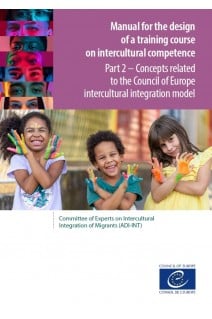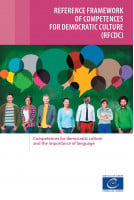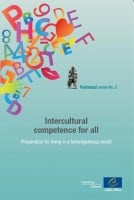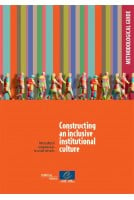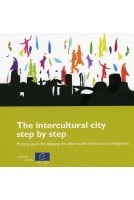Providing training on intercultural competence to staff and officials at all levels of government will help member states to efficiently implement the Council of Europe intercultural integration model
Intercultural competence is the set of knowledge, skills, understanding and attitudes which enables individuals and organisations to act in an interculturally competent way. It is not a single concept, but a wide range of competences which, when combined, allow for proactive action to secure a healthy intercultural environment. While intercultural competence is developed on an individual basis, organising intercultural competence training for decision makers, public officials and other relevant stakeholders enables the application of an intercultural lens to public policies and activities, promoting a more inclusive culture.
This manual aims to support public authorities to design their own tailor-made training courses with a view to spreading the skills and competence necessary to implement the Council of Europe intercultural integration model in a coherent and multilevel manner. It contains a description of the main features of intercultural competence, followed by seven concepts that are key for the successful implementation of intercultural integration strategies by public authorities. It is split into two publications for ease of access.
This is Part 2 of the manual. It deals with the concepts related to the Council of Europe intercultural integration model, including information about prejudice, discrimination and inclusive communication.
PREAMBLE
The structure of the manual
GETTING STARTED
Prejudice
Discrimination
Inclusive (intercultural) communication
PRACTICAL LEARNING
Examples of model exercises
Examples of model quizzes
INTERCULTURAL GLOSSARY
Other relevant definitions
REFERENCES AND RESOURCES
References
Other references and resources
Online resources
